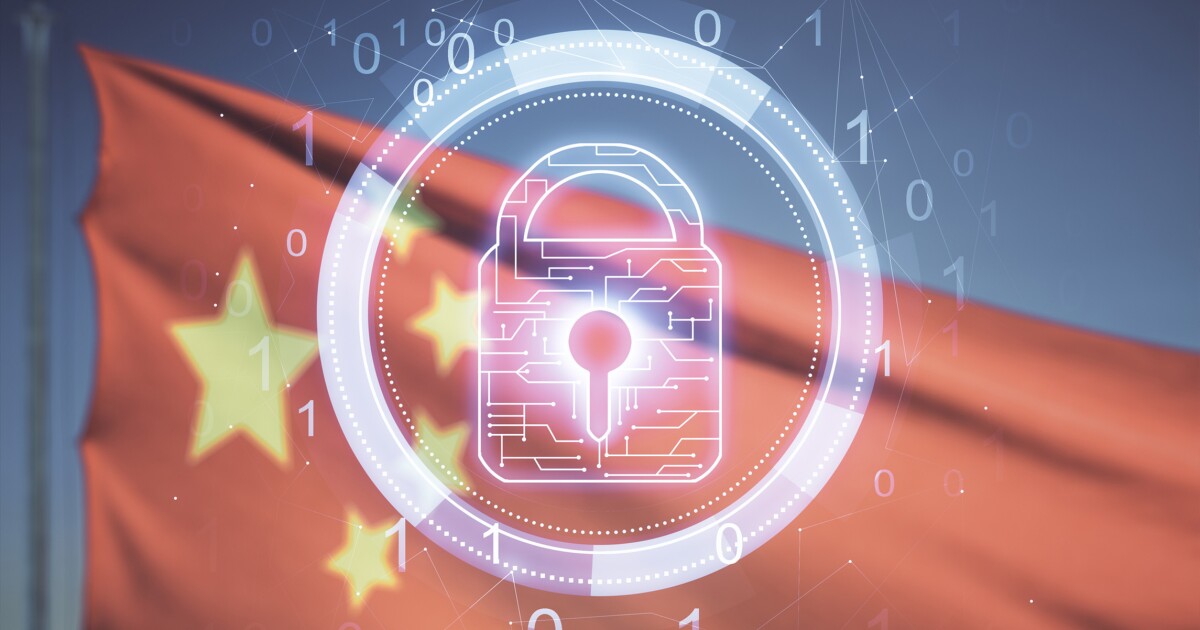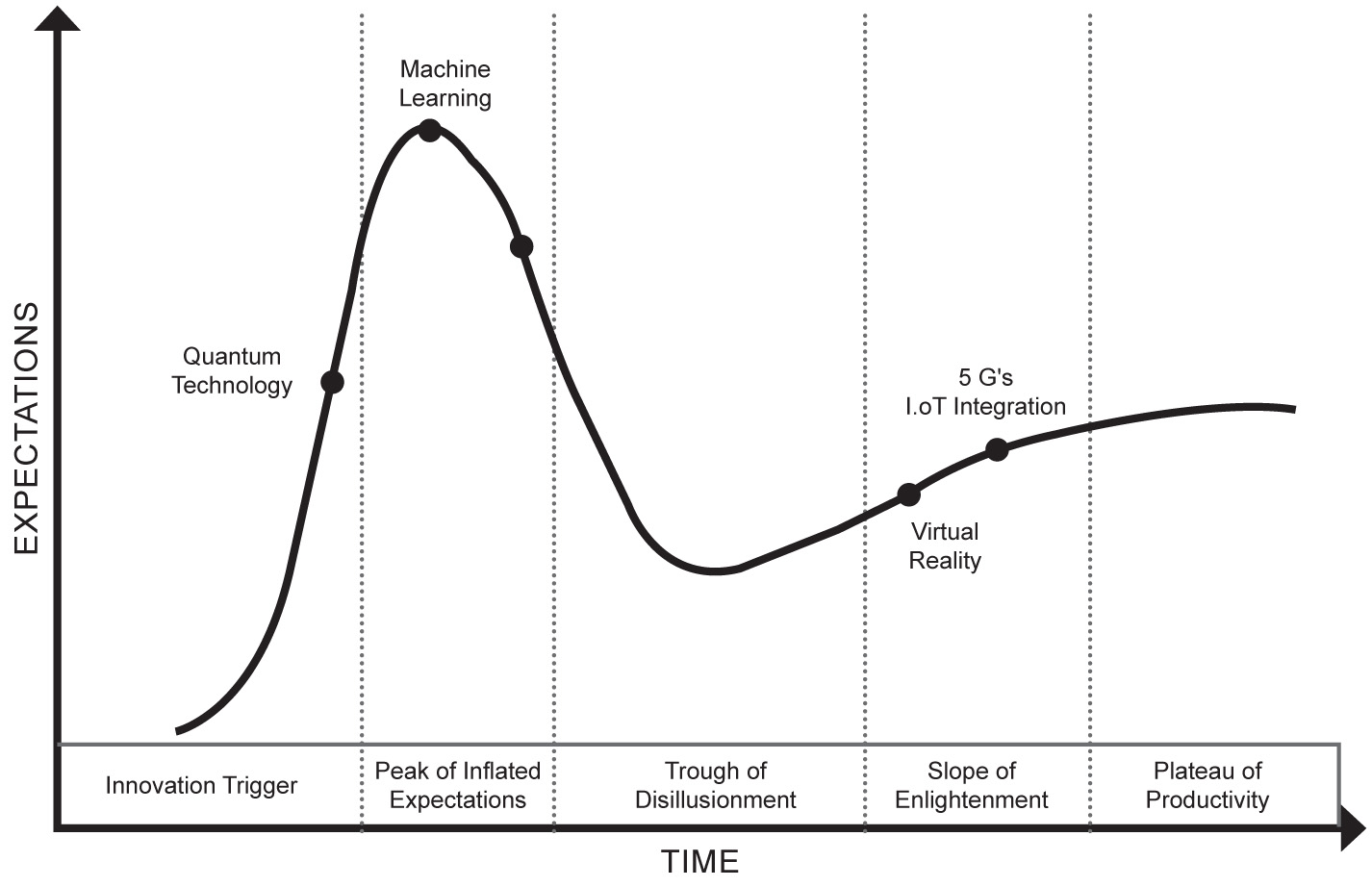Quantum Computer Strides Spur Cyber Defenders to Prep for ‘Y2Q’
The US government is bracing for cybersecurity threats to everything from trade secrets to state secrets due to a long-anticipated shift toward smarter, faster computers built around quantum mechanics.
A new US law from late 2022, the Quantum Computing Cybersecurity Preparedness Act, calls on federal agencies to develop strategies to prevent unauthorized access to vulnerable information technology in a future where more powerful devices could breach current defenses. Information protected using today’s methods of encryption will be at risk of exposure with the advance of quantum computing.
“We call it the ‘Y2Q’ moment,” said Denis Mandich, a former US intelligence official who co-founded Qrypt, a company that specializes in post-quantum cryptography. The ‘Y2Q’ moniker refers to a quantum equivalent of Y2K, when ringing in the year 2000 was projected to wreak havoc on computer systems because of a coding issue.
Defense and intelligence agencies so far have led federal efforts to prepare for a potential quantum-driven breakdown in digital defenses that could undermine US national security. The rest of the US government will have to step up efforts to gird for quantum cyber risks too, as will corporate America. Both have been beset by a steady stream of hacks and leaks already testing their ability to keep information safe.
Cryptography involves encoding sensitive communications or data so that only authorized parties can access it. If a hacker steals encrypted information, it’s designed to be unreadable without the right digital key.
State-sponsored hackers and cybercriminal syndicates, however, sometimes collect encrypted information they intend to unlock later as better computers become available, in what’s known as a “steal now, decrypt later” technique.
Quantum computers could pose an “existential threat” for companies in industries that invest heavily in research and development, such as pharmaceuticals or clean energy technology, if their intellectual property is stolen and decrypted by a competitor, Mandich said.
“So much data has already been harvested,” he said.
The government’s reliance on hardware and software vendors means its quantum…



